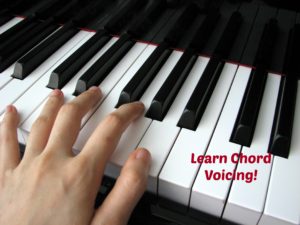The Many Incredible Benefits Of Learning Chording Techniques On The Piano – Part One
Learn Chording Techniques On The Piano!
Do you know the incredible benefits that come to you simply by learning chording techniques on the piano?
There are many — way more than just 10. But due to space limitations, I’ll just list 10 out of hundreds:
1. By learning chording techniques, you are at least quadrupling your chances of creating exciting new sounds on the piano — sounds that most other piano players have no idea how to create. That’s because arranging using chord techniques is open-ended — there’s no end to the styles and applications you can eventually learn and apply.

2. Learning chording techniques in NO WAY interferes with your ability to sight-read music. Some ill-informed people think it does, but not so! Ask any great jazz musician from Andre Previn to Oscar Peterson to Chuck Corea to…. They ALL read music prolifically, yet choose to apply chording techniques to song after song, creating many of the great classic tunes we all know, like “Take Five”, etc, etc.
Knowing chords and being able to apply techniques to those chords actually HELPS YOU TO SIGHT-READ FASTER, because instead of just seeing groups of random notes on the sheet music, you can see chord patterns forming and dissolving into yet another chord, another chord progression!
3. Knowing chords and applying chording techniques allows you to become a first-rate accompanist for singers and other musicians, should you want to do that. You will be able to “wrap the chords” around the singer to support them, rather than be in competition by playing the melody from the sheet music. You’ll be able to create fills and counter-melodies and a host of other devices that can make you the most desired accompanist in your area.
4. By knowing chords and chording patterns you will automatically open the door to opportunities to play at places you never could if you only “play music as written”. When people hear you play, they will immediately sense that “this person knows what they are doing”, which can very well bring invitations to play in fraternal clubs, churches, community centers, and even weddings and funerals. I have had students of retirement age who have fulfilled their lifelong dream to play in public, even if in a small venue. I recall a CPA in Washington State who took lessons from me by cassette for a couple years and got good enough to play at a local restaurant-pub on weekends.
He didn’t need the money, but just LOVED the opportunity to play for folks and have them sing along.
5. Being able to apply chords to song after song means you NEVER HAVE TO PLAY A SONG THE SAME WAY TWICE! When people see me play, they often ask me to play the song again — but are often surprised when I play it again, since I create new chord progressions and fills and improvisations each time — so it never sounds the same.
There’s a classic story about Erroll Garner, the great pianist and composer of the classic song “Misty”. A lady came up to him after a concert and raved about how he played “Misty”, and asked him to play it again the same way. His reply was “I can’t remember how I played it last time — but I’ll play it again anyway”, which greatly surprised the lady.
This article will be continued next week.
If you are looking to take your chording to the next level, check this out by clicking here: www.PianoPlaying.com
_______________________________________________________________


